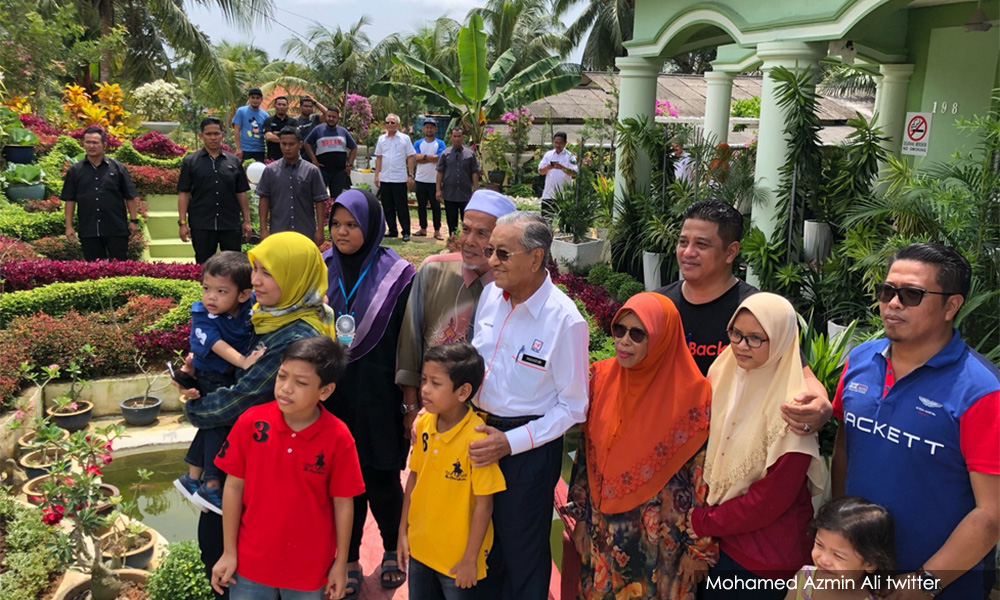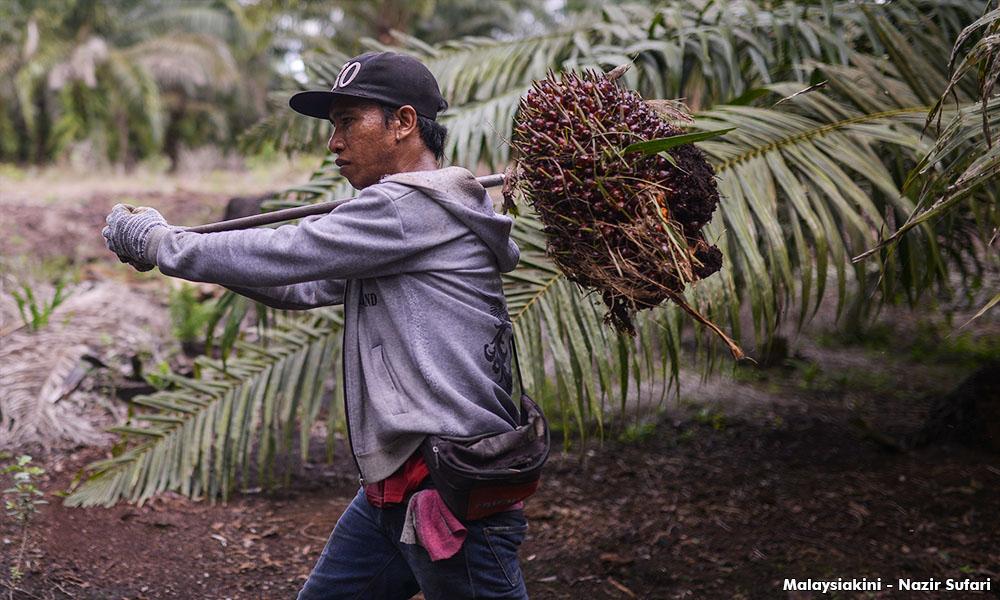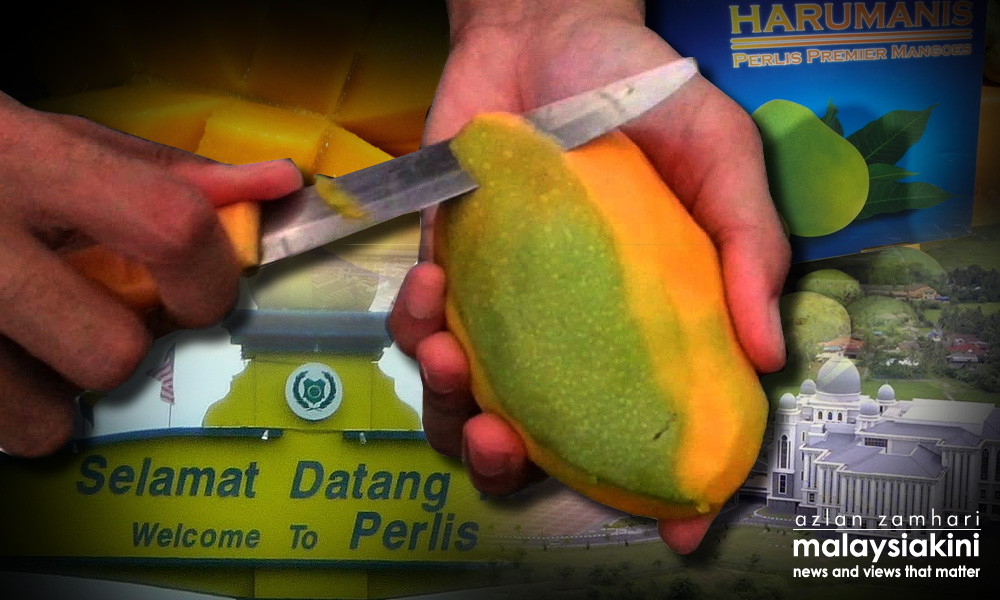
The government plans to merge Felda settlers’ lands to become big estates that can generate lucrative income for them through more efficient and professional management, said Prime Minister Dr Mahathir Mohamad.
He said this type of management was practised by huge estates belonging to foreigners since the time of the British colonial administration, which enabled them to make profits even when commodity prices dropped, though the margins were small, apart from not having to depend on subsidies.
However, he said efforts to convince Felda settlers to go down this road might be difficult in the beginning, especially with the first generation settlers who were now mostly above 60 years of age.
"They were (Felda) settlers from the beginning, and thus it will be difficult to change their mindset. But they are landowners and if we can get a larger acreage to be managed for them professionally, we are confident of obtaining higher yields.
"The profits can be distributed according to the size of the land they contribute. They (settlers) can work with the management on the running of these estates or obtain income based on their land size,” he told a press conference after launching the Felda Settlers Day 2019 celebration in Felda Selancar 3 here today.
Also present were Pahang Menteri Besar Wan Rosdy Wan Ismail, Economic Affairs Minister Mohamed Azmin Ali, Felda chairman Mohd Bakke Salleh, Felda general manager Othman Omar and Felda Settlers head Sulong Jamil Mohamed Shariff.

Dr Mahathir said that he was of the view that this should have been done some time back, and towards this end, Felda would embark on this model where the settlement is at least 404 hectares in size.
The Felda management, the Prime Minister said, should also no longer depend solely on oil palm or rubber as was being practised now, so that the settlers’ income was not badly affected when the prices of the commodities dropped.
"Once merged, the size of the estate will be as much as 1,000 or 2,000 acres (equivalent to 404 or 808 hectares) and from this, we might be able to take 80 hectares to plant other crops... like in Pahang, where the land is fertile, watermelon and pineapples can be cultivated here.
"We want to avoid depending on a single crop by planting crops that have a higher demand domestically and internationally, apart from helping the nation’s supply chain,” he said.
Commenting on the types of suitable crops for the new Felda model, Dr Mahathir said the management of Felda would be discussing and obtaining the advice of the Agriculture and Agro-based Industry Ministry on the matter.

As an example, he sees the planting of mangoes as suitable for Kedah and Perlis, besides yielding lucrative income for entrepreneurs, apart from planting flowers which are high in demand.
Earlier, when speaking before thousands of Felda settlers, Dr Mahathir said the management of Felda should be reshuffled so that the agency is administered by professionals as practised by large-scale plantation management to enable Felda to reap higher profits.
"We see how plantations can give good returns when managed well. However, we found that recently there were several incidents which did not benefit Felda at all.
"Now, we are shouldering the huge debts as many transactions made before this had deviated and they even carry out projects that were not allowed,” he said.
Dr Mahathir said Felda, which had opened more than 404,685 hectares of land, is among the largest plantation companies in the world even though it is unable to give high income to settlers as the previous management was different from large estate management.
In this regard, Dr Mahathir gave his assurance that the government would try its best to give higher income to settlers via the programme of merging plots of land to give better yield with a variety of crops.
The Prime Minister also announced an allocation of RM637 million to implement three projects in Pahang, namely a 106 million litres per day water tank for the Gebeng industrial area valued at RM173 million, and Phase 3 of the Semambu Water Treatment Plant with a capacity of 145 million litres per day (RM446 million) both in Kuantan, as well as a project to overcome clean water supply disruption in Raub (RM18 million).
- Bernama



No comments:
Post a Comment
Note: Only a member of this blog may post a comment.